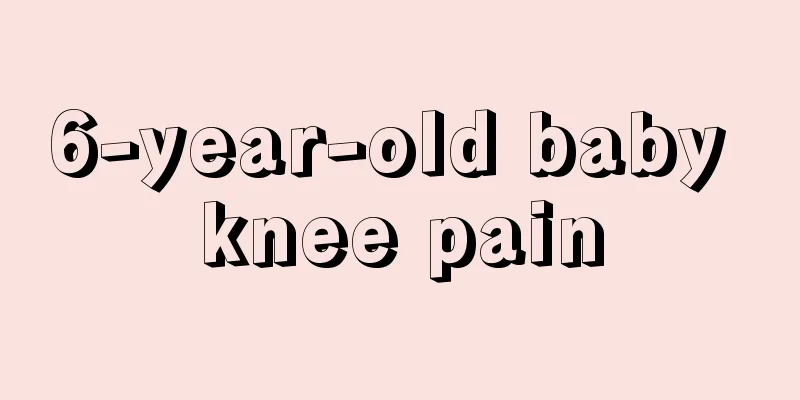Vitamin D overdose symptoms in babies

|
Vitamin D is an important basic nutrient for the human body. It plays an important role in promoting the body's absorption of calcium. For infants, intake of vitamin D can prevent rickets, but it should also be noted that excessive use of vitamin D may cause more serious harm, such as affecting bone development, causing drowsiness, and polyuria in patients. Let us understand the symptoms of excessive vitamin D in infants. Vitamin D overdose symptoms in babies Although vitamin D plays an important role in the development of the baby's bones, brain, teeth, etc., mothers should still pay attention to the fact that vitamin supplementation should not be excessive. Babies' intake of vitamin D through diet generally does not cause poisoning, but if they consume excessive amounts of vitamin D supplements or dairy products fortified with vitamin D, there is a possibility of vitamin D overdose and poisoning. It is now generally believed that if the daily intake of vitamin D exceeds 25 micrograms, it is possible to cause poisoning, with symptoms such as anorexia, vomiting, headache, drowsiness, diarrhea, and polyuria. Long-term excessive intake can cause arrhythmia, high blood pressure, convulsions and kidney failure. Therefore, mothers must control their babies' vitamin D intake and not let their babies take in too much vitamin D to prevent adverse consequences. Prevention methods 1. Understand the dosage of VitD for prevention or treatment. The preventive dosage should not exceed 400 IU per day. Parents should be informed of the dangers of excessive VitD and the medication should be used according to the doctor's orders. 2. Before emergency treatment is needed, the child should be asked in detail about the dose of VitD he or she has used in the past. Most poisoning cases occur on the basis of long-term and large-scale oral intake of cod liver oil. Symptoms of poisoning are more likely to occur after D2 or D3 injection. Therefore, it is important to understand the indications before injecting large doses. 3. If the therapeutic effect of general VitD dosage is unsatisfactory, blood calcium, phosphorus and alkaline phosphatase should be checked before deciding whether to use intensive therapy. 4. In the prevention and treatment of general nutritional rickets, try to avoid large doses of vitamin D. When large doses of vitamin D must be used for treatment, closely observe the clinical symptoms, measure blood calcium monthly for signs of poisoning, and measure once every half month if necessary. 5. Practice has shown that 20 IU of VD has the same effect as 400,000 IU. When a large dose of VitD is required for emergency treatment, it is best not to exceed 20 IU, and a second injection is generally not required. For children with normal liver, kidney and gastrointestinal function, oral administration of VitD has the same effect as intramuscular injection. Oral administration is safe and intramuscular injection is not necessary. |
<<: What are the symptoms of premature development in boys?
>>: What are the symptoms of food fever in children
Recommend
What to do if a child's tooth root is broken
Children are naughty by nature, so parents must t...
Why does the child's belly button hurt?
The belly button is the scar left when we cut the...
The baby's blood count is high but there are no symptoms
If your baby's blood count is high, even if t...
Symptoms of baby choking on trachea when drinking medicine
Babies' immunity is relatively weaker than th...
What to do if the buttocks are peeling
When children are young, they spend most of their...
What is going on with a three and a half year old baby wetting the bed?
It is a common symptom for babies to wet the bed ...
What is the height and weight of a 29-month-old baby?
Nowadays, most families have only one child, so p...
What to do if your baby has tongue tie ulcer
Baby tongue frenulum ulcer is a very common disea...
What happened if the newborn baby hasn't pooped for 2 days?
9. Newborns sometimes do not have bowel movements...
What is baby rash?
When babies are young, their immunity is very wea...
Why does my baby have a lot of tears and eye mucus?
When there is eye mucus in the baby's eyes, m...
What should I do if my child's permanent teeth are loose?
When a child is about twelve or thirteen years ol...
Why does a newborn baby keep sticking out his tongue?
Many newborns always like to play with their tong...
What should children eat if they have a cold stomach?
Since children are physically weak, they cannot r...
Causes of rhinitis in 2-year-old children
In real life, there are many patients suffering f...









